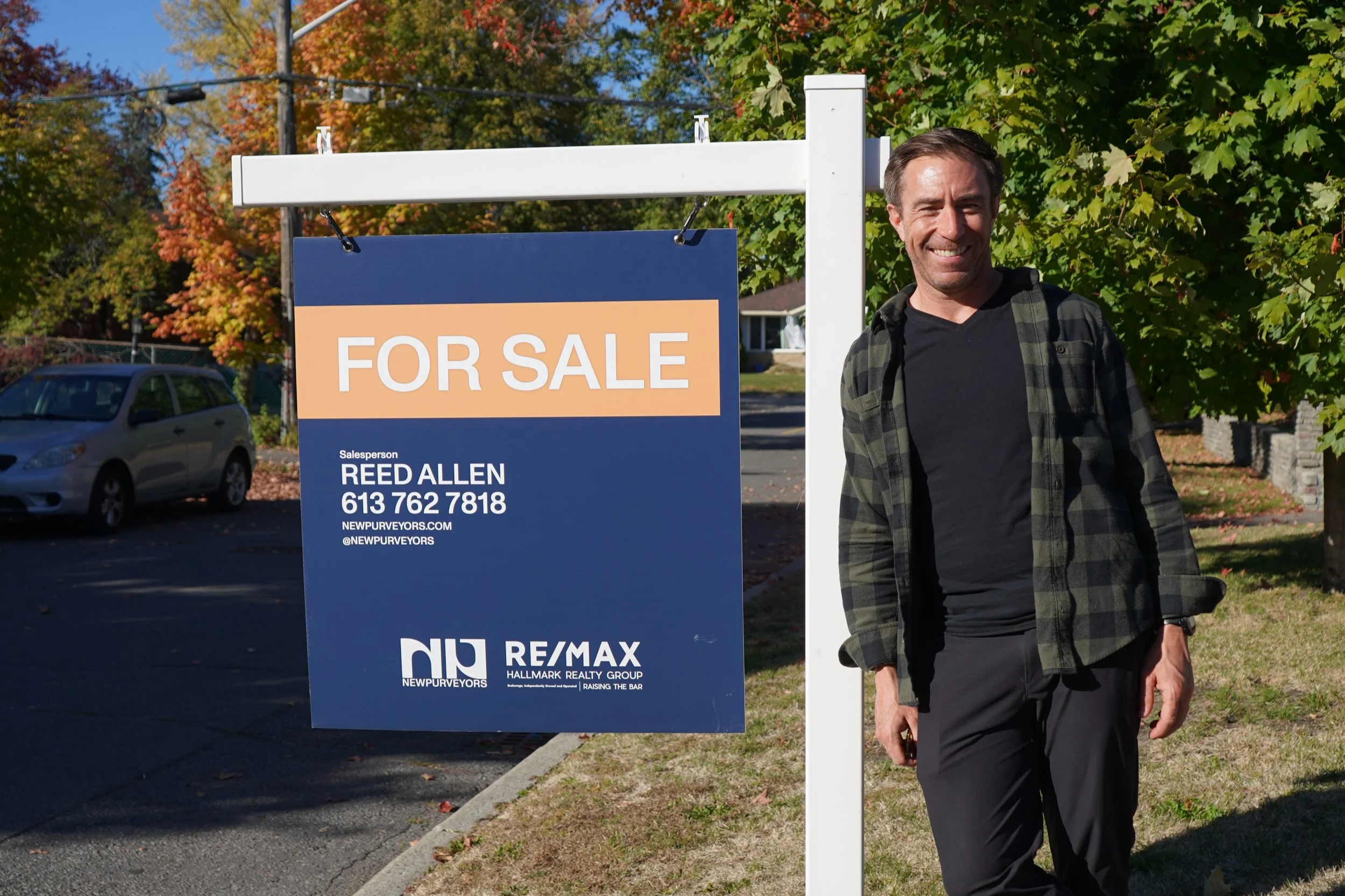Ottawa’s Hidden Rules: What No One Tells You About Buying a Home Here
Buying a home in Ottawa? You’ve probably got your checklist: number of bedrooms, finished basement, nice kitchen, walkable neighbourhood. But what about the things that aren’t on the listing? The little quirks, unspoken norms, and local rules that can completely change how a home feels to live in?
Whether you’re a first-time buyer or just new to Ottawa real estate, there are a few things most people don’t think about until it’s too late. Here’s what we’ve learned after helping hundreds of people buy homes in the capital—because knowing these things before you sign the paperwork can save you stress, money, and regret later.
1. Snow Storage Is a Big Deal Here
Ottawa winters are no joke. One of the first things we look at when touring a home? Where the snow is supposed to go.
Does the driveway have space for snowbanks without blocking your garage or front steps? Is there a shared laneway where you’ll have to negotiate space with neighbours—or worse, pay for private snow removal on top of your mortgage?
These questions might sound dramatic in summer, but after the first big snowfall, buyers quickly learn why we bring them up. Ask now. You’ll thank us in January.
2. School Zones Can Be a Dealbreaker
In Ottawa, school boundaries can be hyper-specific—sometimes cutting right down the middle of a street. That means one side of the road could be zoned for a top-ranked school while the other is not.
If school access is a priority (even if you don’t have kids yet), make sure you double-check the boundaries. We’ve seen families move in only to discover they aren’t eligible for their preferred school, even though it’s closer than the assigned one. The Ottawa-Carleton District School Board and Ottawa Catholic School Board both have searchable zone maps online—check them during your search.
3. Not All Backyards Are as Flexible as They Look
Thinking of installing a hot tub, adding a shed, or finally building that dream deck? You might need a permit—and depending on the lot size, location, and setbacks, you might not get one.
Ottawa’s bylaws around landscaping and structures can vary by neighbourhood, especially in older areas or places with conservation rules. For example, some homes near ravines or the Greenbelt require extra approvals for even minor backyard work. Before you buy, ask us to look into what’s allowed. What seems like a perfect backyard might come with hidden red tape.
4. Not Quite Condo, Not Quite Freehold: POTLs Explained
Ever seen a freehold home with condo fees? Welcome to the world of POTLs (Parcels of Tied Land). These homes are technically freehold but share maintenance costs for private roads, lighting, snow removal, and more. They show up frequently in newer subdivisions across Ottawa—from Barrhaven to Orléans to Kanata.
POTLs can be a great compromise if you want the look of a freehold home but don’t want to deal with snow shovelling or garbage days. But those fees can vary—and unlike condo boards, POTL corporations often aren’t regulated as tightly. If you're looking at a POTL home, we’ll help you figure out what’s included and whether the fee is worth it.
5. Older Homes Might Cost You More in Insurance
In Ottawa’s historic and central neighbourhoods—like Westboro, the Glebe, or New Edinburgh—charming homes often come with century-old systems. What you may not know? Insurance companies care a lot about the age and materials of a home’s electrical, plumbing, and roof.
A house with knob-and-tube wiring, galvanized plumbing, or a 25-year-old roof might not just cost more to insure—it could be uninsurable until updates are made. That can delay closing or add thousands to your budget. We always recommend asking for utility and insurance history before making an offer.
6. A High Offer Isn’t Always a Winning Offer
Ottawa’s real estate market doesn’t always follow big-city rules. You might come in well over asking and still lose the deal if your offer lacks certain conditions, flexibility, or timing.
In this market, how you structure your offer matters just as much as the number. Clean offers, bully offers, deposit size, and even how your agent communicates with the listing agent can play a major role. That’s why we walk our clients through offer strategies based on local expectations—not just the numbers.
7. The "Ottawa Special" Renovation Trap
Some upgrades look great at first glance—but don’t hold up under closer inspection. We call this the “Ottawa Special.” Think: suspiciously new basement floors without visible permits, creative cosmetic work covering up older problems, or additions that don’t quite match the original home.
This happens a lot in central areas where flipping homes is common. We know what to look for—and when to recommend a proper inspection. A fresh coat of paint might be hiding more than just bad taste.
Your Agent Should Know All of This—and More
Buying a home in Ottawa is more than just scrolling through listings. The right agent helps you spot what’s not in the listing description, explains the local rules, and protects you from expensive surprises. That’s what we do every day.
If you’re thinking about buying this year, let’s talk about what matters most to you—and how we can help you find a home you’ll love for years to come.
📍 More than real estate—we’re part of the neighbourhood.




























